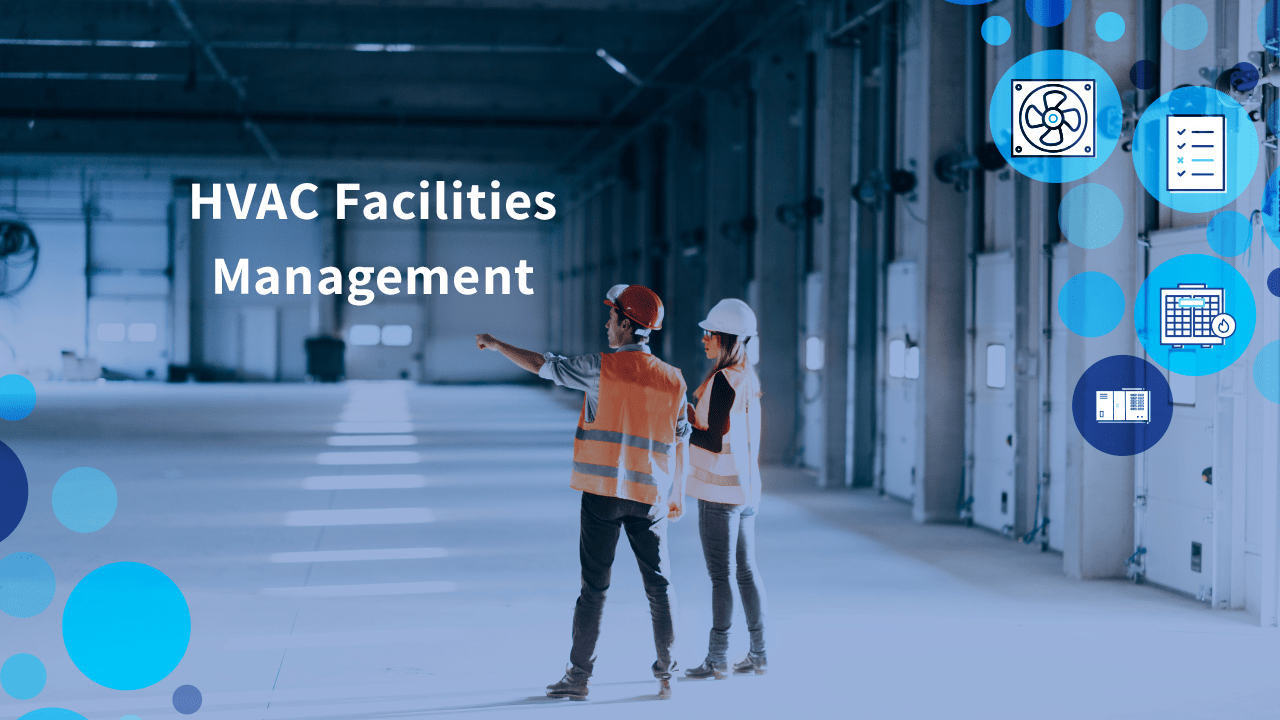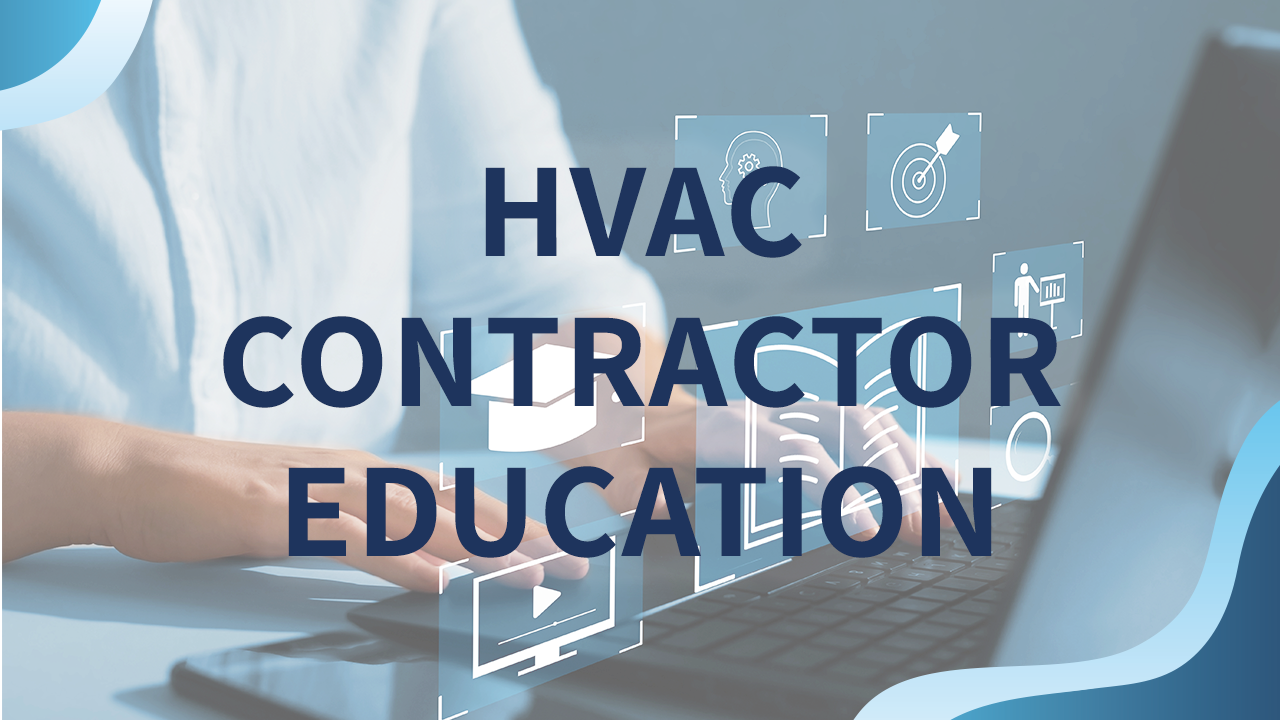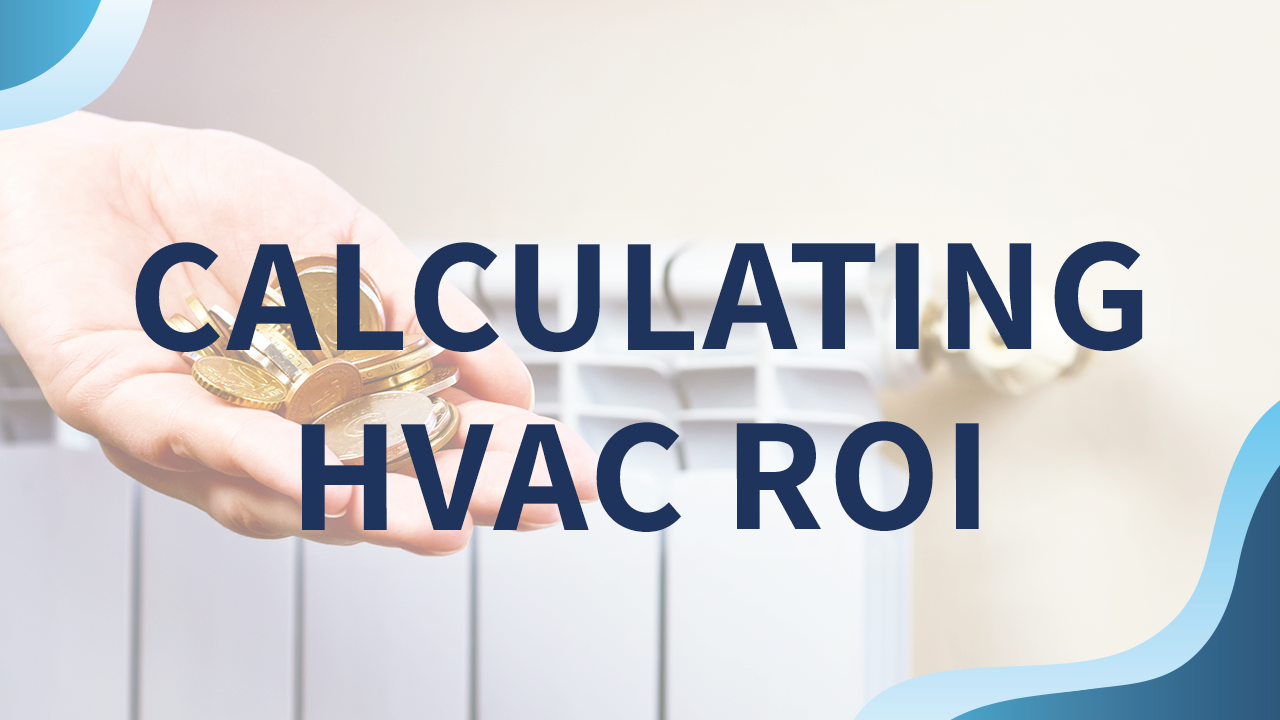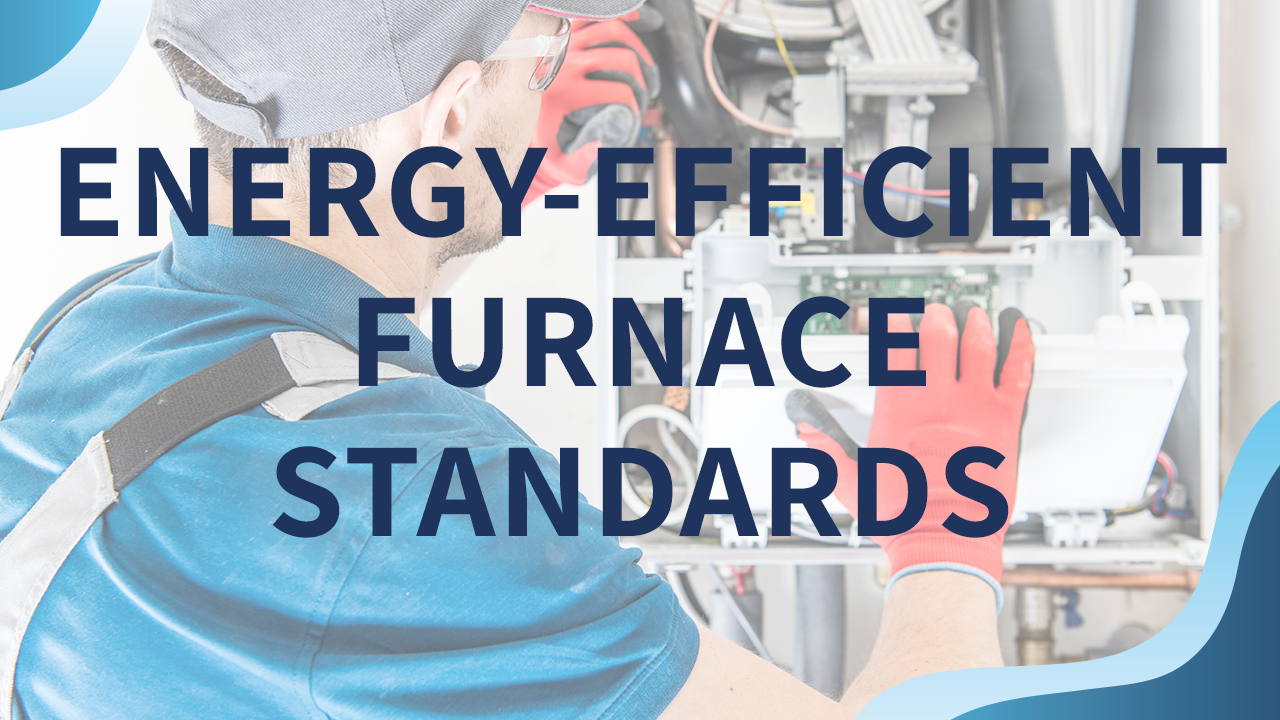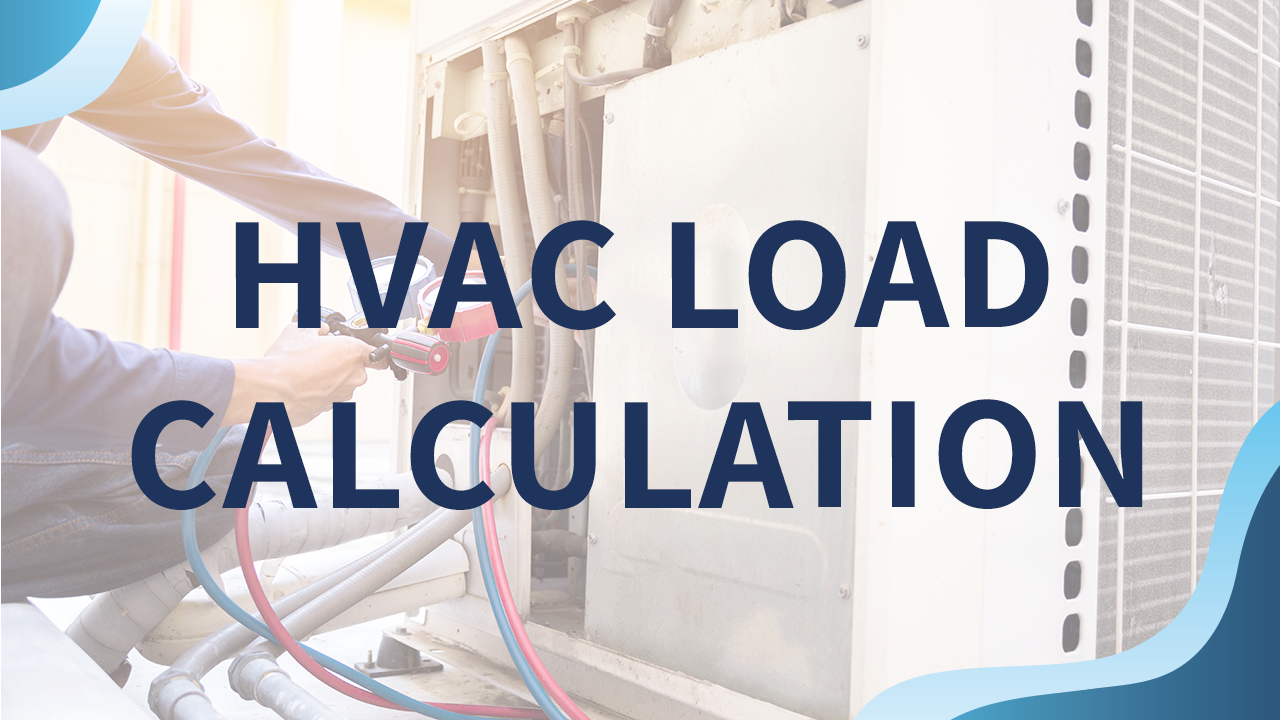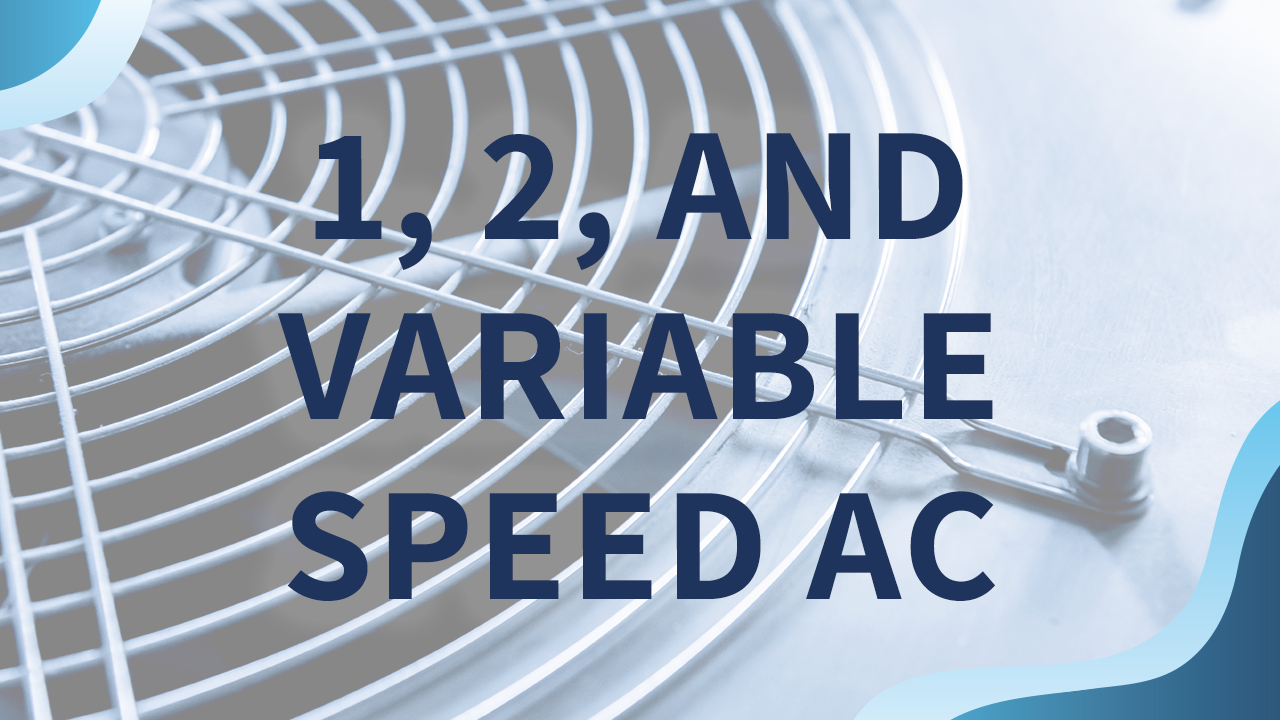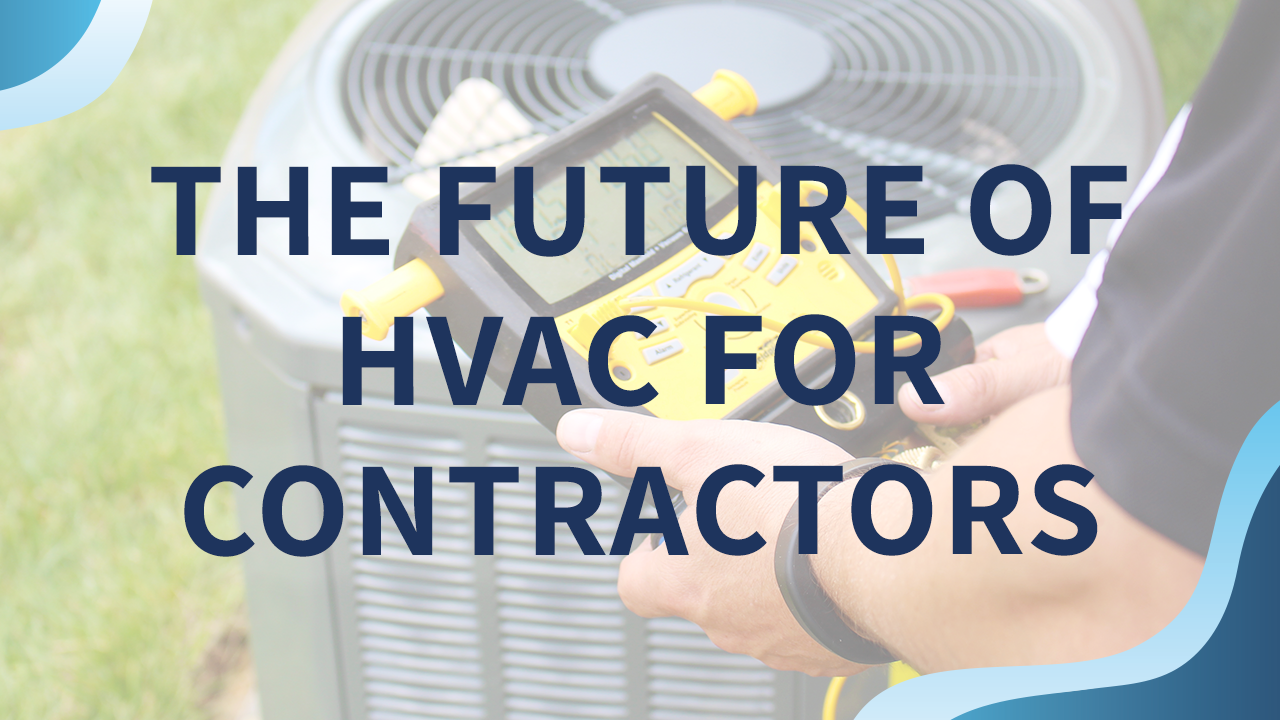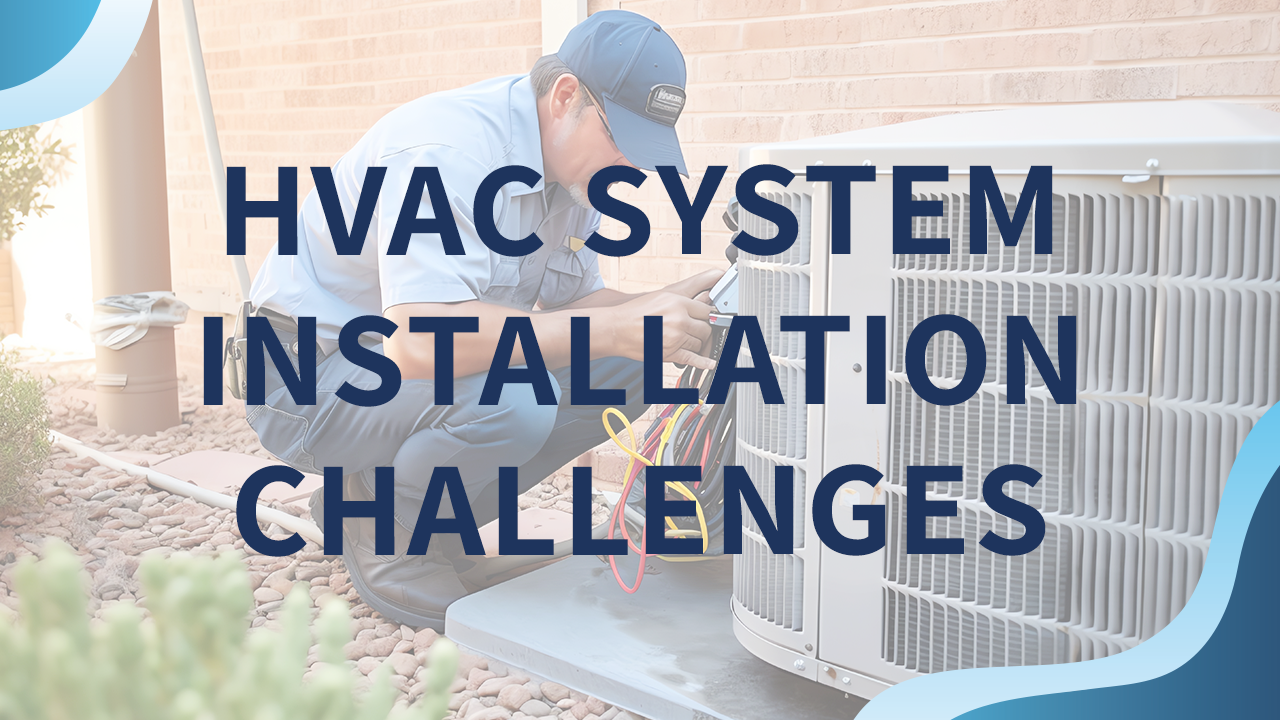Effective facility management has never been more important. As buildings grow smarter, and the sophistication of technology increases, advanced skill and expertise are required to prevent costly business disruptions. A dedicated facilities manager helps ensure proper maintenance and leverages data insights to promote efficiencies. The facilities manager accomplishes these goals by ensuring all aspects of a business’ physical infrastructure are operating at their peak capacities while identifying methods to cut costs and increase efficiencies. In fact, an effective facilities manager can boost a company’s overall performance by offering strategies to improve adaptability, sustainability and flexibility while ensuring business operations are not interrupted by technical issues.
What is the Role of a Facility Manager?
Effective facility management is vital to smooth business operations, but exactly what does a facilities manager do? While their specific functions can vary between companies, facilities managers maintain a company’s buildings, ensuring they consistently meet health safety standards and other legal requirements while remaining operational and efficient. The responsibilities that help them accomplish these goals range from strategic planning and operations management to building maintenance and security.
A few common facilities management activities include:
- Scheduling building maintenance and repairs
- Ensuring compliance with health and safety regulations
- Managing amenities and equipment
- Optimizing and managing space
- Managing contracts
- Ensuring occupant satisfaction
- Completing building and equipment inspections
- Managing renovations
- Maintaining infrastructure
- Overseeing building administration, including budgets
What are the 3 Main Tasks of Facility Management?
While a facilities manager holds plenty of responsibilities, the role primarily functions to complete three primary tasks ensuring the property remains clean, secure and maintained.
Clean property
No, the facilities manager doesn’t personally clean the property, but they organize custodial functions and ultimately are responsible for the building’s overall cleanliness and presentation.
Ensure security and safety
In addition to managing security systems procedures and staff to protect a property’s assets, facilities managers must coordinate the various cleaning, inspections and building management tasks to ensure the health and safety of customers and personnel.
Conduct maintenance
The facilities manager handles scheduling and managing the maintenance, repair and replacement of a building’s equipment and infrastructure, including the physical building structure, HVAC equipment and machinery, as well as other physical assets.
A fourth primary task of facility management that easily could be added to this list includes managing all of the people needed to ensure the building’s property operations. Almost every individual responsibility of a facilities manager involves teamwork from a staff of those specializing in the activity such as custodians, security staff, maintenance workers and safety inspectors. This team of people includes those employed by the property owner as well as those contracted to fulfill specific roles.
What is HVAC Facilities Management?
Some aspects of facilities management are easier to overlook, but their roles can be among the most vital to business operations.
An effective HVAC system ensures a building remains a safe and comfortable environment not only for occupants, but also for its valuable assets and inventory. When all is well, the equipment hides away on rooftops and behind walls, quietly heating, cooling and ventilating the building. But without proper HVAC management, including regular service and maintenance, issues quickly can escalate, costing not only increased energy usage and hefty repair bills but also valuable productivity. In sectors like healthcare, a deficient HVAC system can lead to loss of products, temporary closures of facilities and even significant fines.
How can a facilities manager successfully oversee HVAC operations? Quite a few important tasks are associated with maintaining an effective HVAC system, including (but not limited to) the following:
- Maintaining HVAC components such as pumps, chillers, boilers, fans and control systems.
- Managing staff to maintain HVAC equipment and performing prompt repairs as needed.
- Designing and implementing a strategic proactive maintenance plan to minimize potential problems and promote maximum efficiencies.
- Monitoring system functions by regularly measuring temperatures and air quality and developing a schedule for use during times of activity and non-operation on the property.
- Accept and respond to feedback from occupants regarding HVAC performance.
- Develop emergency plans to accommodate occupants in periods of power outages or severe weather.
- Manage contracts with outsourcers used for installation, repairs and other HVAC activities lacking designated personnel.
- Create and implement HVAC-related safety and security procedures.
- Schedule recommended and required safety inspections and respond to any issues.
HVAC facilities management can be a full-time task in itself. That’s why Motili exists…
How Motili Makes HVAC Facilities Management Easier
Facility managers can make their jobs easier while improving the HVAC operations in the properties they oversee by contracting with Motili.
Motili provides both reactive repairs, new installations and ongoing proactive and preventative HVAC management services. Its highly scalable solutions are effective for single properties or portfolios of properties anywhere in the United States thanks to a network of more than 2,000 HVAC and hot water contractors located throughout the nation.
